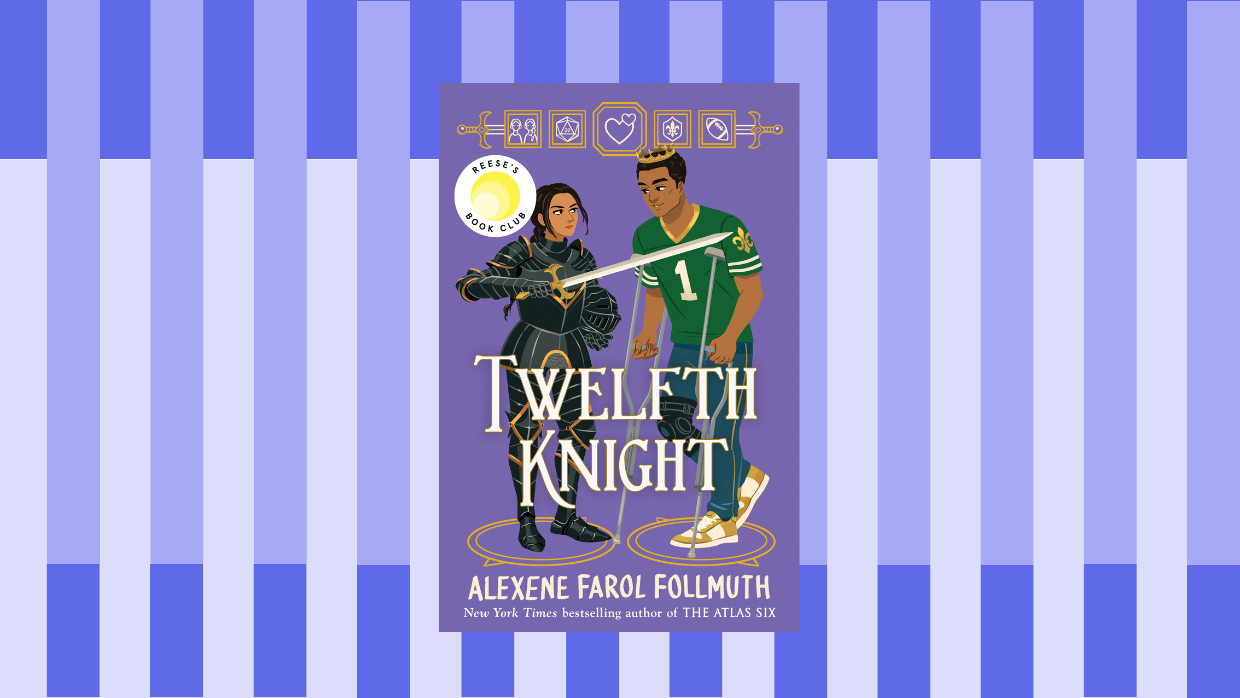Rarely do civilians steal the limelight from celebrities, but that’s what happens in The Club. Sure, the story’s constellation of stars lends a sinister sparkle to events, but they are really only orbiting around the three women—Annie, Jess and Nikki—at the core of the novel.
We set out to write The Club as a twisting, turning murder mystery set over a short time period in a single setting—Island Home, an exclusive members’ club retreat brought to you by global phenomenon The Home Group. We watch events unfold mainly through the eyes its three female employees, all of them coldly manipulated by their boss and largely ignored by Home’s rich and famous members, but on whose dedication and discretion the success of the whole operation depends.
Just as in our previous novel, People Like Her (2021), we wanted the driving force of The Club to be its smart, strong and complex female characters. The three women whose lives we follow over the weekend may not always be people you like, but they are hopefully people you understand, empathise with and want to know more about.
First, the apparent ingenue, Jess, the Home Group’s newest employee. When we meet her, she appears to be a sweet and wide-eyed—a character who is coming to all this celebrity, members-only stuff as fresh as we are, who needs everything Island Home explained to her. Spoiler alert: this naif is not all she seems. Down-to-earth Jess may be, but she is the only character in the entire book who begins the weekend with murderous intentions. With Jess, we wanted to subvert the trope of the innocent, almost always female, character who just happens to stumble into a plum job in a cut-throat, superficial world (Emily in Paris or The Devil Wears Prada–style) in a way that is hard to imagine happening in real life. So here, she appears to be one thing but in reality, has her own specific agenda. We also wanted to play with the notion of a relatable heroine, to complicate the reader’s snap moral judgements, to make you root uncomfortably for a character who is prepared to kill—and to hope she gets away with it.
If Jess starts off as the novel’s most likable character, Annie Spark is probably the most abrasive. As part of Home’s small inner circle, she revels in the power that her position as Membership Director gives her, deciding who is in or out of Home’s “in crowd.” What Annie discovers very quickly however—another spoiler incoming! —is quite how fragile her position is, in a company like Home, resting as it does on the fickle favour of the men running the show, Ned Groom the CEO and his brother Adam. Something we wanted the reader to feel, viscerally, was how much Annie has given to the company, how brilliant she is at her job, and how the thought of losing that job, that identity, is absolutely devastating—to such an extent that you can genuinely believe the lengths she’ll go to prevent that from happening. Not only that, you can you can just about understand how and why she has morally contorted herself to justify Home’s blackmail as the bad guys being punished for their crimes.
It was vital for us that, once you strip away the glamorous setting and starry cast, we encapsulated some of the enraging experiences of working women around the world: the way they are taken for granted, talked over, expected to accept the unacceptable in stoic silence, the way that voicing an opinion is seen as aggressive. Annie is outspoken about all of that, and we hope her anger strikes a chord. More than that though, one of the great things about novels is that you get to put righteous rallying cries in the mouths or minds of people who are also, in some ways, the villains of the story, destabilising you so that you’re never quite sure who you should be rooting for, or what they might be capable of.
The third of the three central female characters in The Club is Nikki, Ned Groom’s personal assistant. What differentiates Nikki from either Jess or Annie is that she is one of the few characters with a kind word to say about the—visionary, mercurial, often furiously unpleasant—Ned. Apart from Ned’s brother, she has been with the company longest, and provides a sort of historical perspective to her job—and often it is women in the workplace who provide (unsung) this sort of institutional continuity. If Jess shows us the island through the eyes of an outsider, it is Nikki who knows (or thinks she does) how Ned and the company got here, understands and accepts how her own life has been shaped around his. A little older than the other central female characters, Nikki is more thoughtful about how she has ended up in this strange position, an expert in one man and his moods, conscious but not regretful of the accumulation of paths not taken, other people she might have been under very slightly different circumstances. At the start of the novel this is something she is very comfortable with. The bombshell that then drops on Nikki—here comes another spoiler—is what a lie it has all been is based on, how mistaken her sense of her relationship with Ned has been, how deeply he has wronged her.
Once again, the setting may be glamorous, and the situation heightened, but we wanted the emotions to feel real, and textured, and nuanced and, when Nikki shoves Ned off that pier, to understand exactly why she does it and perhaps let out a sympathetic whoop…


